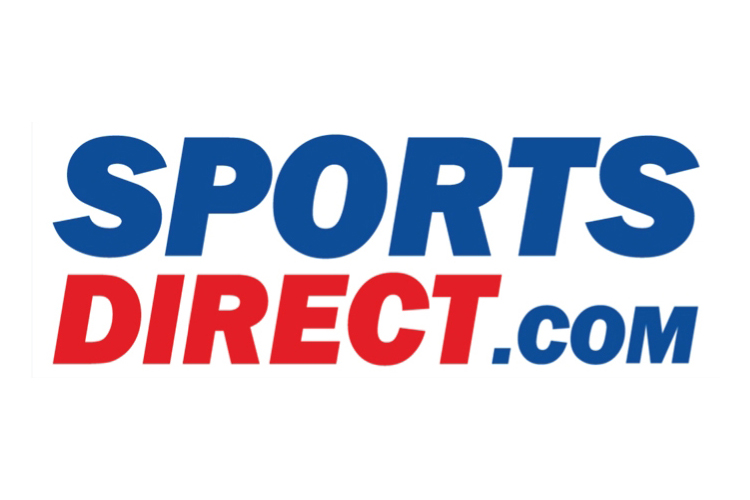As the dust settles on Sports  Direct’s circus-like 2016 AGM, shareholders might well be feeling a little less than satisfied with the events of September 7th.
Direct’s circus-like 2016 AGM, shareholders might well be feeling a little less than satisfied with the events of September 7th.
The palpable tension which had mounted in the months preceding the AGM was stoked by seemingly daily revelations of poor business and human resource practices and, with the company firmly in damage-control mode, the board announced that the AGM was merely the precursor to an “Open Day” designed to enable it to “engage with as many people as possible in an open discussion about the business”. It was apparent, however, that this move was doing little to calm the rising shareholder disquiet, many seeing it as simply a PR exercise. In an unprecedented move, many institutional investors openly and publically criticised the corporate governance standards of a board which allowed such poor employment practices to flourish with many pledging to vote against several resolutions, including the re-election of chairman Keith Hellawell.
The AGM itself was a media spectacle with founder, executive deputy chairman and controlling shareholder Mike Ashley’s behaviour alternating from contrite to aggressive to, at times, bizarre. Notably, during the tour of the company’s main production facility, Mr. Ashley produced a wad of £50 notes during a faux security spot-check, explaining that he’d just come from the casino; hardly prudent behaviour from the executive deputy chairman and controlling shareholder of a company which has been investigated and vilified for not paying staff the UK’s national minimum wage, but then self-professed City outsider Ashley rarely does anything “by the book” (paywall).
On the eve of the AGM, a much maligned report (PDF) into the issues raised by the 2015 media exposés and investigation found “serious shortcomings” in the working practices employed by the company. Interestingly, in addition to the changes advocated by the report, including the scrapping of the infamous six-strike policy and the abolition of mandatory zero-hour contracts, Sports Direct announced that, in the future, there should be an employee representative appointed to the board “in order to give workers a voice at the highest level and to help ensure that all staff are treated with dignity and respect”. Following this announcement, in a video Q&A session, Mr. Ashley stated that he was “totally in agreement with Theresa May” as to the benefits of employee representation on the board (As discussed in a previous blog post, Ms. May stated that one of her main priorities as Prime Minister of the UK will be to push for employee representatives on boards).
In an update released on the morning of the AGM, the company revealed that Keith Hellawell, besieged chairman of the board, had offered to tender his resignation due to the findings of the aforementioned report but was persuaded by the board to stay in his role “in order to assist with making further improvements”. Mr. Hellawell might well have rued the decision to stay as he received the support of just 47% of independent shareholders at the AGM. Frustratingly for many shareholders, as per the dual vote mechanism implemented by the UK Listing Rules, Sports Direct have between 90 and 120 days to propose a further resolution for Mr. Hellawell’s re-election; however, this resolution requires only a majority of shareholders to support it, making the chairman’s reappointment a foregone conclusion given that Mike Ashley has pledged his support. The chairman commented after the meeting that he now had twelve months to prove the he is “making a valuable contribution” to the company and that should independent shareholders similarly not support his re-election at the 2017 AGM, he would retire with immediate effect.
While current public sentiment towards the company is largely unfavourable, there have been some positive steps taken in relation to both working practices at the company and future corporate governance standards. The law firm that completed the working practices review have been tasked with carrying out a “360-degree 12-month comprehensive review” which, by using the initial report as a benchmark, will outline steps taken to improve working conditions over the next year. In conjunction, a separate report has been commissioned into the corporate governance, with the board promising to engage with shareholders throughout the process. To this end, following the conclusion of the AGM, the board held talks with the Investor Forum, which represents institutional shareholders, intended to “rebuild trust”. While a spokesperson for the Investor Forum described the talks as constructive, it will not be easily placated and it is still requesting an independent review of the company’s corporate governance practices.
Should it materialise, the appointment of an employee representative to the company’s board would be a progressive move for a company that does not always appear to prioritise corporate governance best practice. It would place Sports Direct at the fore of the FTSE 350 in this regard as only one other constituent, First Group plc, currently has an employee representative serving as a director.
Just what the forthcoming months hold for Sports Direct is uncertain, but, with a half-year profit warning already issued, pressure on the board is unlikely to ease in the short-term. What is certain is that with the eyes of not just the City but the whole nation trained firmly on Sports Direct, significant improvements in working conditions and corporate governance practices, along with financial performance, will be necessary to avoid further shareholder backlash.
